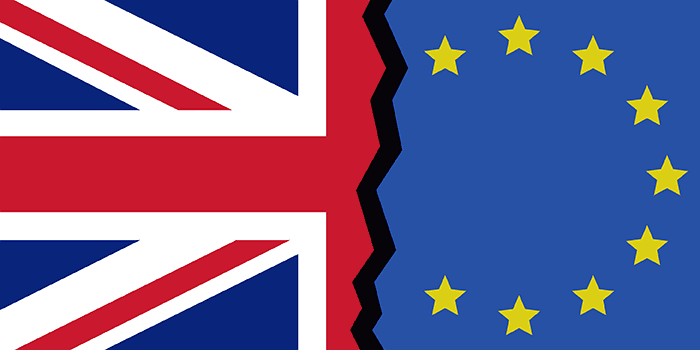We can make our own trade deals.
Eventually, but will they be as good as those created with the EU?
Result: Neither
The UK has a population of 65 million, and the EU has 443 million (excluding the UK).
When other countries are making trade details, which market would they consider first?
And who would have the biggest negotiating power to access those markets?
Consider how the USA will act, when they have a population of 323 million, and questionable agricultural practices compared to ours.
I don't see how we will get better deals by leaving the EU, only reduced regulations (not good) and reduced tax rates (i.e. become a tax haven for large companies).
Theresa May defending the position of staying within the EU: "We export more to Ireland than we do to China, almost twice as much to Belgium as we do to India, and nearly 3 times as much to Sweden as we do to Brazil. It is not realistic to think we could just replace European trade with these new markets."
The U.S. wants Britain to cut European Union regulations after Brexit to boost the chances of striking a free-trade deal between the two countries; so what regulations do they want removing? (source)
Commentary by Pete North (from The Leave Alliance), on why this won't be easy:
- Hard brexiters tell me I am exaggerating about the impact of a no deal Brexit. Let me explain why I'm not.
- We live in a "computer says no" world. If I go for a mortgage and a database says I'm no good, then that is the last word on it.
- Trade systems work the same way. Either a transaction is legal and permitted - or it is not.
- If the UK is wiped from the EU databases then we do not qualify for preferential trade measures. We don't exist.
- UK is no longer part of the EU open skies agreement so landing slots are cancelled. Months of scheduling disrupted.
- We are subject to all the rules applicable to a third country with no formal relations. - Like we just dropped out of the sky.
- None of the systems pertaining to "frictionless trade" will have a UK entry in the databases.
- We won't even have our own customs and regulatory regime. All of it is keyed to EU systems and institutions.
- Testing labs and customs offices no longer recognised or authorised. The system simply stops working.
- There are those who say this is not insurmountable but what do we do while we sort this all out?
- Once you break a supply chain, EU business will look elsewhere for suppliers and they won't be back in a hurry. It functions on trust.
- It will take us years just to design and roll out the replacement software and systems to function as a third country.
- But supposing there are workarounds as Tories continue to assert. Ok, let's entertain that for a moment.
- This is the same government that has taken 15 months to learn the difference between the single market and the customs union.
- And they STILL can't get the basic definitions right. Our MPs don't have the first concept of how customs systems work.
- You think they will cope? Even the people who are supposed to know have only half a clue.
- Rebuilding the system will require all new facilities built from scratch. We are looking at years to establish the new normal.
- Oh and let's not even get into obscure things like mutual recognition of driving licences and qualifications. What fun that will be!
- In short, everything fails, all at once, in ways our government is incapable of adequately responding. Operation Enduring Clusterfuck.
- It would be bad news even if we had a Rolls Royce government. But we don't. We have David Davis - and he's the competent one!
- But never you mind. That Rees-Mogg fellow will sort it all out. After all, he has a posh accent so he must be clever. True story!
- Note that this is without even making mention of tariffs!
If you disagree, or would like to add more details, please let me know.
You can suggest a reason for leaving the EU, or look at the other reasons.
